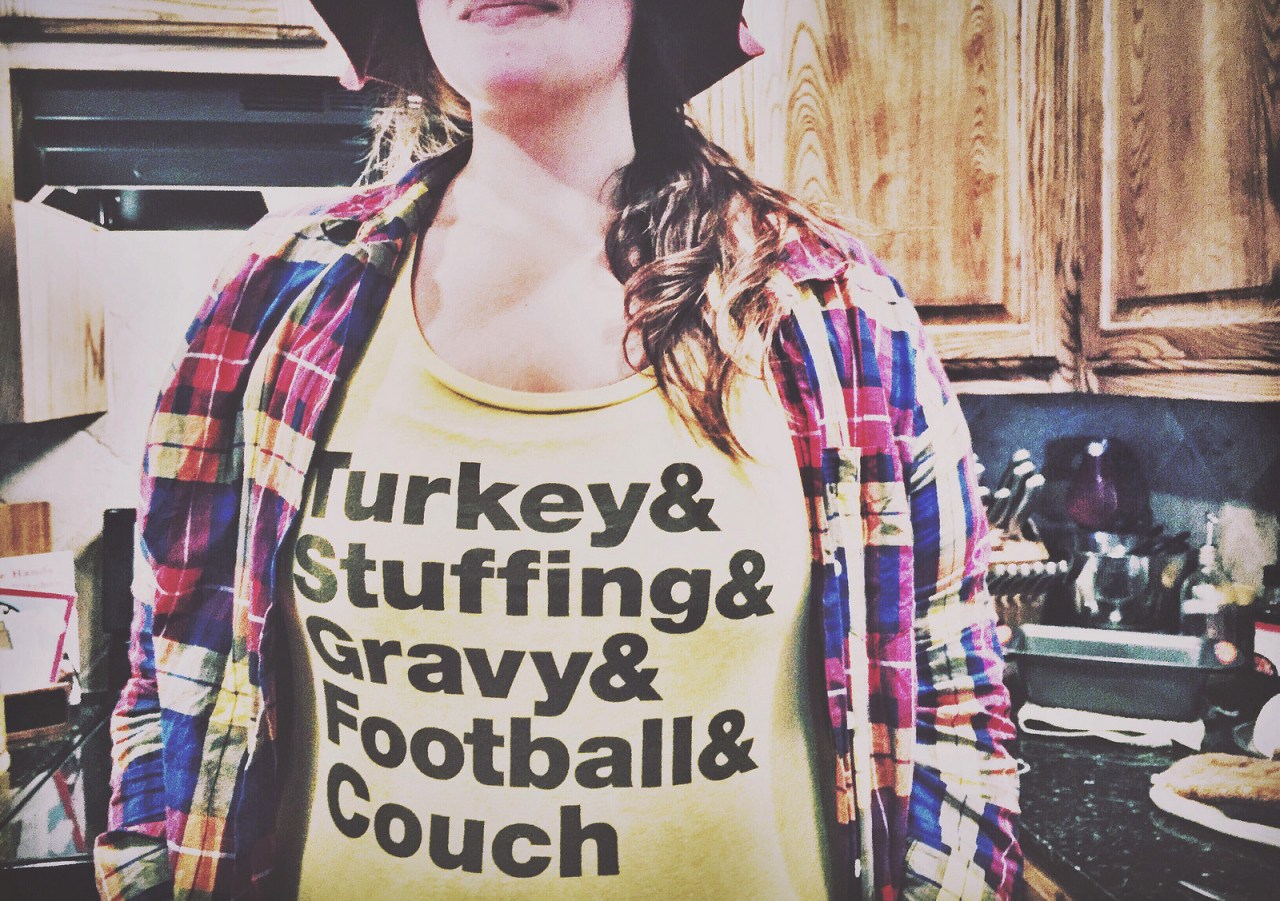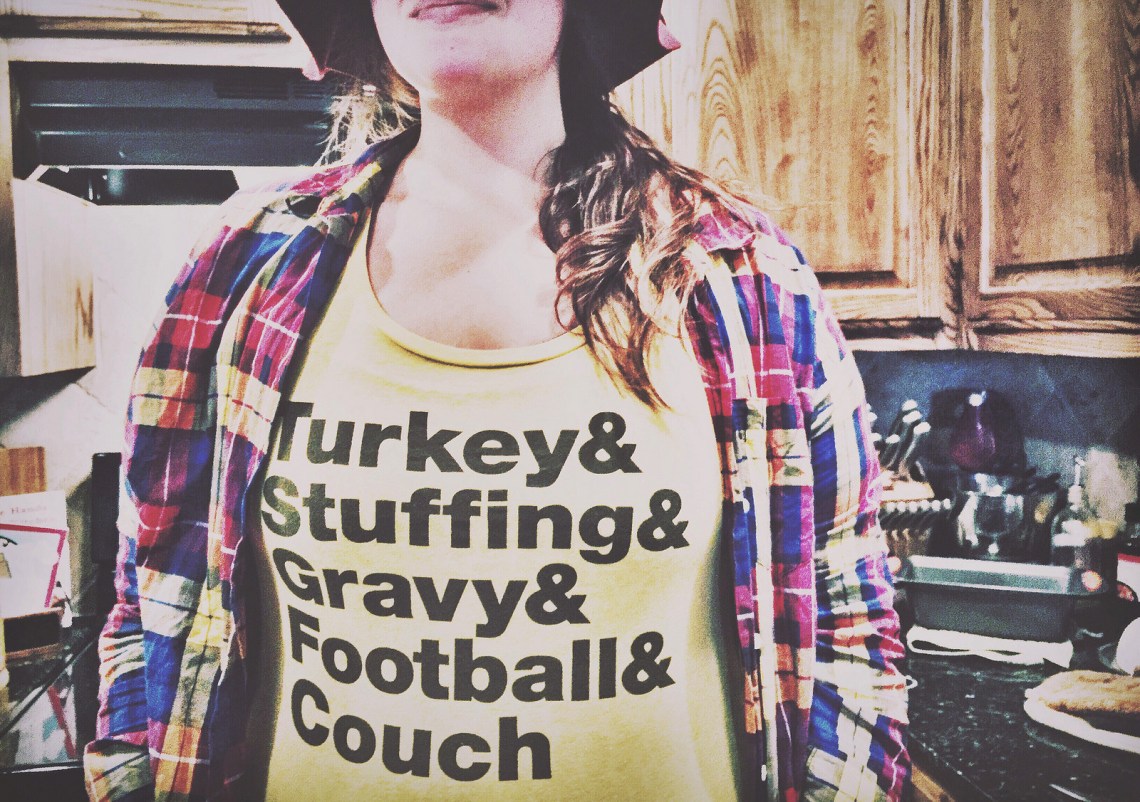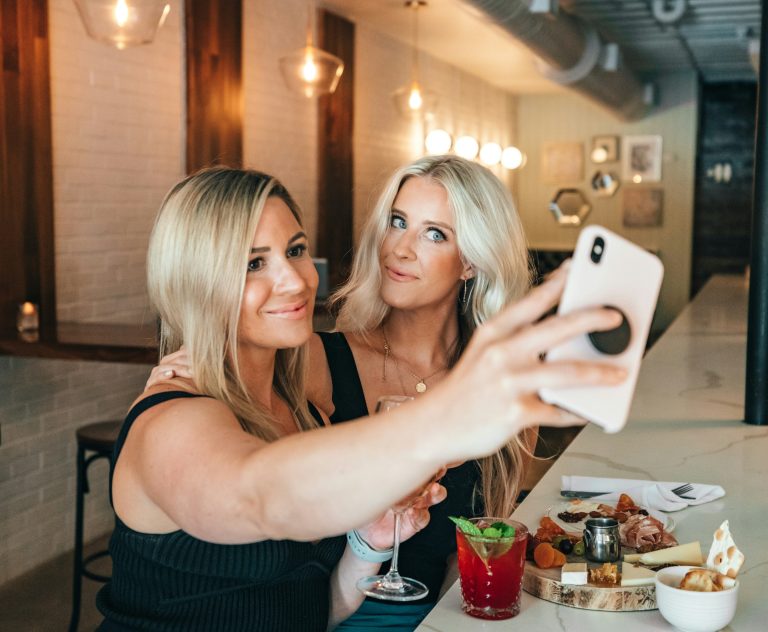
Why I’m Fasting For Thanksgiving

A thousand years from now, when whatever dominant lifeform on Earth reflects back on America’s greatest contribution to humanity, what will they think about? Will it be our dedication to limited government and representative democracy? Our high standards of living and our extremely generous social security safety nets? Our multiculturalist ideals, our “policing” of the world (for better and for worse) and our globalist approach to commerce?
These are OK answers, but I think they will ultimately end up as nothing more than footnotes in the history books (or tablets or direct brain downloads) of the year 3016. In fact, when it’s all said and done, I think America will be remembered for one historical contribution to the human narrative, and one historical contribution only: we were the first empire in history to ever find a way for people to be poor and fat simultaneously.
Whenever I hear someone drop the term “American exceptionalism,” that’s the very first thing that comes to mind. Before America came along, being poor and malnourished were pretty much interchangeable terms. If you were a pauper anytime in the world before 1960, you were pretty much guaranteed to be in some stage of starvation. Hell, up until 60 years ago, being overweight was an actual status symbol for the wealthy – where do you think the term “fat cats” comes from? But with the three-pronged revolution of pre-processed food, government entitlement programs and the rise of the supermarket-fast food industrial-complex, America was able to do something that every single culture before it thought was utterly impossible. We actually found a way to make food so abundant and so affordable that even the poorest people in the country post obesity rates 145 percent higher than the obesity rates for its wealthiest citizens.
Think about how incredible that is. We live in a world where close to 11 percent of the entire global population suffers from malnutrition, but in the good old U.S.A., even people who live in households deemed “food insecure” still post disproportionately high rates of obesity. For 99.9 percent of the time humans have been on earth, what America offers has been considered downright inconceivable – and needless to say, it’s a gift we tend to take for granted far too often.
I’ve always found the whole “weight shaming” brouhaha to be a weird – if not paradoxical – phenomenon. For starters, since roughly 7 out of 10 Americans are medically overweight, such would represent the only form of prejudice I’ve ever heard of in which a considerable minority is criticized for mocking the mass majority of a nation’s inhabitants. Furthermore, I’ve never heard any “body positive” activist respond to the nation’s obesity crisis – indeed, we’re rapidly approaching 40 percent of the entire adult population – by declaring jihad on the overproduction of American foodstuffs. Sure, some cities have proposed soda taxes here and there, but to the best of my knowledge, no “body positive” special interests groups have demanded that Little Debbie and Taco Bell close their doors for selling inherently unhealthy products. In that, “fat pride” becomes this bizarre ideology in which people demand sympathy and affirmation for the voluntary harm they choose to inflict upon their own bodies – and rather than prevent further social harm, they instead crusade to normalize unhealthiness like it was some sort of inborn civil rights matter.
Which brings us to Thanksgiving – a holiday literally anchored around gobbling up as much food as humanly possible.
Yeah, the holiday doesn’t really seem to have the significance it used to. Before the fattening of America, Thanksgiving was usually the only time of year most Americans were treated to anything that could even remotely be considered a “feast.” Back then, people really were thankful to chow down on turkey and mashed potatoes and macaroni and cheese, because there was no guarantee that food would be on the table a week down the road. Lest we forget, during the Great Depression, people were literally starving to death on the streets of New York – and in a nation with millions teetering on the brink of homelessness, you’re damn right people were thankful for every spoonful of cobbler and dressing they could get their hands on.
But what does Thanksgiving today even mean? Certainly, it doesn’t have anything to do with family – indeed, we can Facebook each other anytime we want. And it certainly doesn’t have anything to do with food, since anybody in America with $8.99 in his and her pocket can waltz into a buffet and ingest enough calories in one sitting to feed an entire Division I college football team. Rather, Thanksgiving has mutated into a crass celebration of an entirely different form of consumerism – that being, the “Black Friday” rush for discounted appliances, wares and clothing that hardly anybody wants and practically no one actually needs.
That’s why I’ve taken it upon myself to make Thanksgiving – to borrow a certain president-elect’s catchphrase – great again. This year, to make sure I TRULY enjoy Thanksgiving as it was intended, I’m not eating anything for three and a half days. That’s right, no food between Monday and Thursday afternoon will enter my stomach, and the only thing I’m going to have to live off of in the interim is Folgers Black Silk coffee and tap water.
In today’s society, NOTHING is less American than fasting. We’re a culture of instant gratification and mindless consumption. You tell the aggregate American about Ramadan – liberal or conservative – and they just look at you like you’re growing a second head. You mean people actually choose to not eat stuff for a couple of days … even when they have the money to buy stuff? Absolutely incomprehensible.
Any kind of asceticism is considered counterproductive in U.S. society, but moralistic abstinence from food is virtually unheard of. We’re so used to having our slightest whims met instantly that the concept of hunger – real hunger – is something we can only encounter in dystopian literature for moody teenagers.
There’s a term in Islam called “taqwa.” Its definition fluctuates depending on who you ask, but most scholars describe it as a state of “knowing your place in the cosmos.” By fasting, many Muslims believe they become more in tune with the world and more cognizant of what’s going on around them. Hunger, they believe, is a state that heightens one’s consciousness – experiencing deprivation takes the focus off one’s needs, and thus, makes you more attuned to the needs of others.
I honestly cannot think of an idea more antithetical to today’s consumerism uber alles American culture. Choosing to not pursue materialism as a pastime? Choosing to forego instant pleasure to test one’s humility? Choosing to stop thinking about your own individual wants so as to reflect on those experiencing even worse depravations than you are? Ramadan stands for everything Thanksgiving used to stand for, while contemporary Thanksgiving literally represents the exact opposite of what Ramadan and the old American holiday represents.
It’s a very small step, but I think it’s one we should all consider. Imagine just how differently you would view that great Thanksgiving banquet if you hadn’t eaten anything for the last 72 hours. Would you even give a shit about the sales papers and the Cowboys game, or would you be absolutely transfixed on the small mountain of food on the kitchen table? Would you just mow down the plate of snow peas and cranberry sauce so you can line up at GameStop quicker or would you actually savor and appreciate every morsel of food given to you? Instead of just looking at another high-calorie meal, wouldn’t you be, well, thankful for Thanksgiving?
In a country where the “average” American nearly tips the scales at 200 pounds, not only does a little caloric deprivation make sense, it almost seems like a necessity. After all, if we’re going to choose to be an artery-clogged army of redundant adipose tissue, we should at least have the decency to experience some genuine hunger throughout the year. And frankly, I’d much prefer living in a country filled to the brim with fat but thankful citizens than one populated by a bunch of unappreciative lardos. ![]()











